

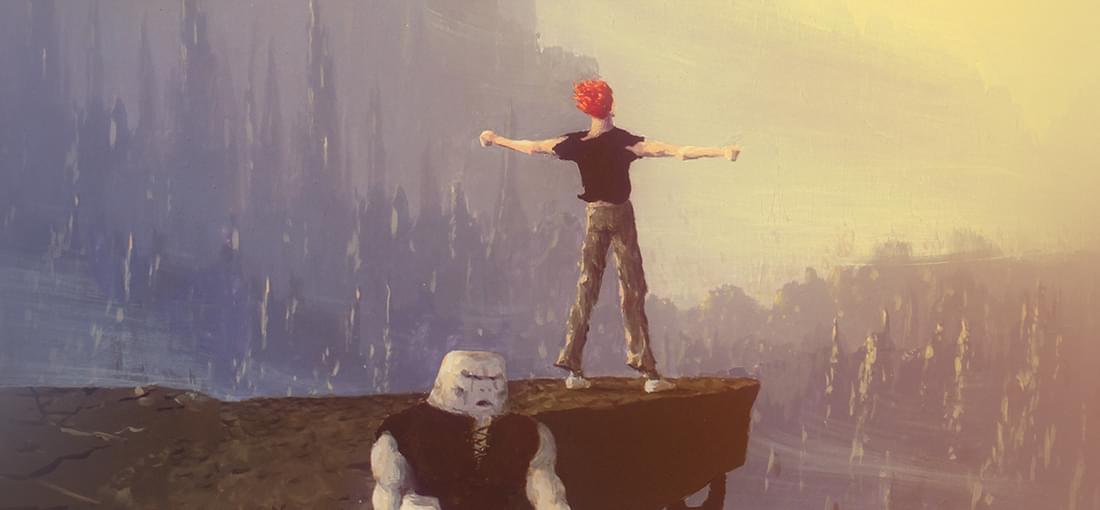
Originally released in 1991, Another World was developed by a single person and was very ahead of it’s time. It achieved a cinematic style by creating seamless transitions between gameplay and cutscenes using in-game polygonal models and by removing all user interface. There is no HUD at all. Also, the game features events where the gameplay completely shifts from the basic controls and unique actions have to be performed, sort of pioneering the contextual action mechanic. Another World is also a game about dying and retrying. A lot. Most of it's challenges could be described as puzzles - not the kind of puzzle you figure out as much as the kind you interact with in every possible way until you stumble into a solution. Failing to figure out the solution will often mean death. Dying means restarting in an earlier checkpoint, having to redo a set of things before reaching the spot where you died. The player will often have a split second to perform the single right action to solve a puzzle before getting blasted by a laser or killed in some way. For the stereotypical modern gamer who rage quits over “unfair” deaths, enjoying Another World is probably impossible. Combat is a highlight of the gameplay. Gun mechanics are elegant and simple. Press the action button once to shoot, hold it a little to generate a shield, hold it longer to generate a powerful shot that can destroy enemy shields or break down some walls and doors. The bottom line is this game is very easy to praise, but very hard to recommend. It pioneered several ideas that would prove to be extremely influential, but it’s difficult to appreciate them because the game is so damn frustrating. If you love videogames as a medium and want to delve into their history, Another World is a must play. The ending cinematic sequence is seriously something to behold - when you finally manage to pull it off. If you just want to have to have fun with a cool video game, you might wanna play something else instead.
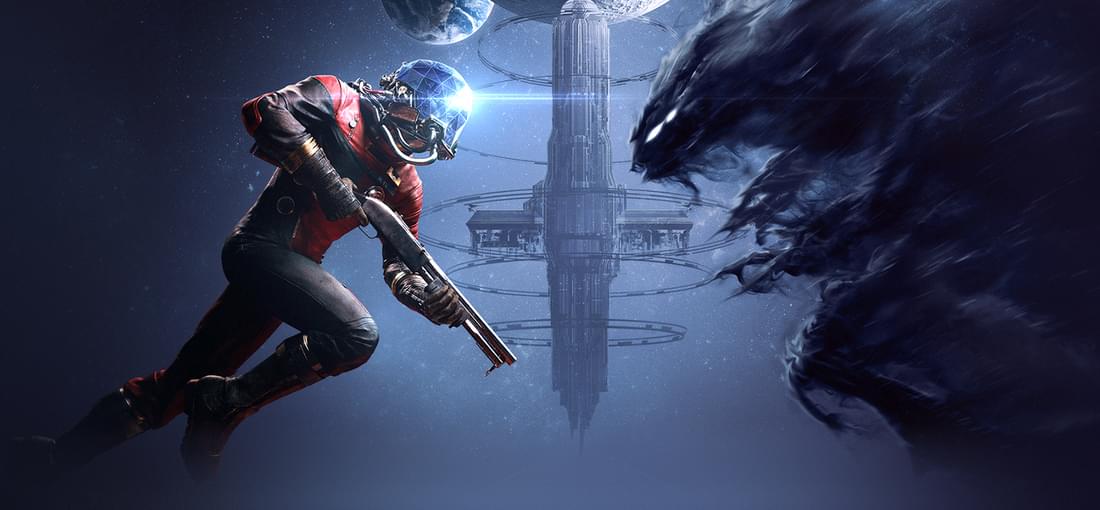
...you are going to love this game too. It's an immersive sim proper, from the same vintage as the genre's most beloved classics, but with the production value of a modern AAA game. Plus it's a game that looks awesome, runs great, has tons of replay value and has enough difficulty and customization options to make it suitable for both the most hardcore and the most casual players. Personally, I recommend playing on Nightmare difficulty with the survival mechanics turned ON for maximum enjoyment.
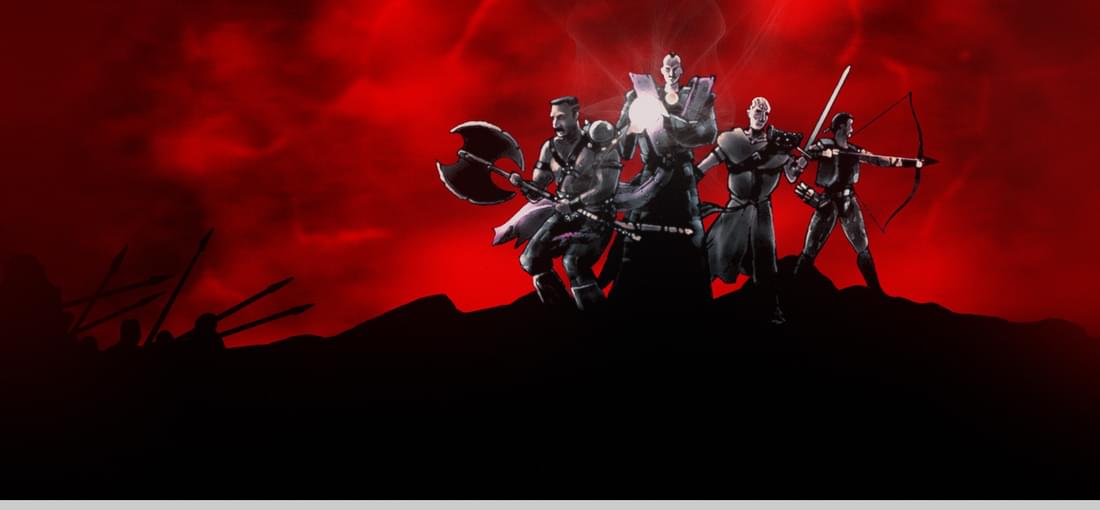
Gothic might be a bit hard to get into at first. The fact it needs two fan made patches to work on modern PCs is definitely a big barrier of entry. The extremely unusual controls are a second big barrier of entry. It's common to find new Gothic players in forums asking "how do I pick up items" or "how do I attack". Those who endure these initial trials will be rewarded by one of the most engaging and enjoyable action RPGs you can find on PC, loaded with charm and surprisingly deep. With a plot inspired by John Carpenter's classic film Escape from New York, Gothic takes the typical medieval fantasy setting in a dark and refreshingly original direction. It's a highly immersive game where the player is allowed to choose their own path in the world, aligning with different factions and building the character in different ways. If you love games like The Witcher and The Elder Scrolls, you should give Gothic a try. A lot of what those games do that sets them apart, Gothic did first.
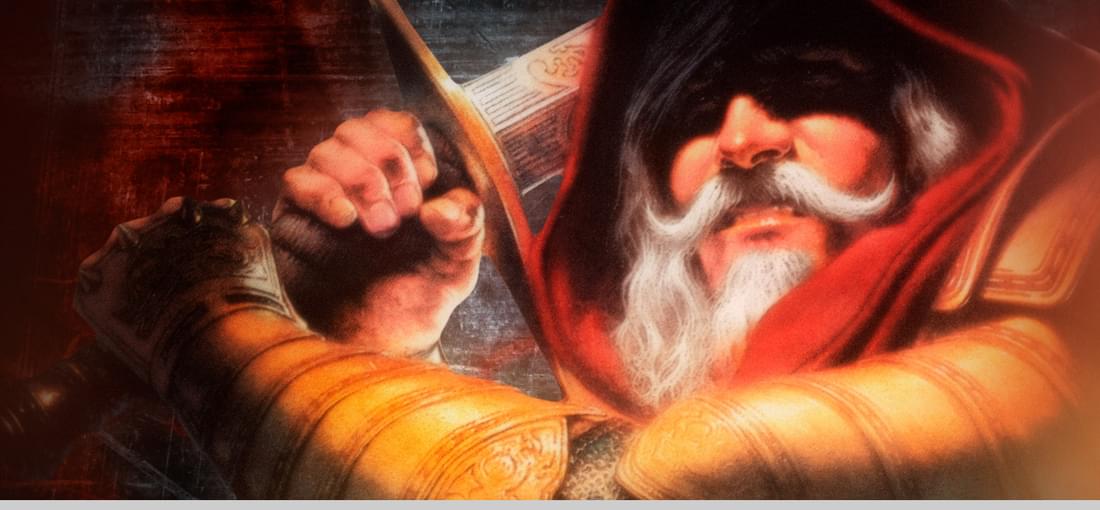
Betrayal at Krondor truly offers a classic CRPG experience that fans of computer role playing games do not want to miss. One of the best written stories in the genre that goes into unexpected places and thrives off the lore of the Raymond E. Feist novels, an ingenious character development model that is surprisingly modern, a well balanced combat system that allows for different approaches, an interesting world to explore with unprecedented freedom for a game from 1993. These are just some of the things that make this game special. Few games have aged so gracefully and are so easy to get into, even by gamers with limited experience when it comes to old-school games. The semi-sequel Betrayal at Antara is merely a nice bonus, but it's nice that it's included.
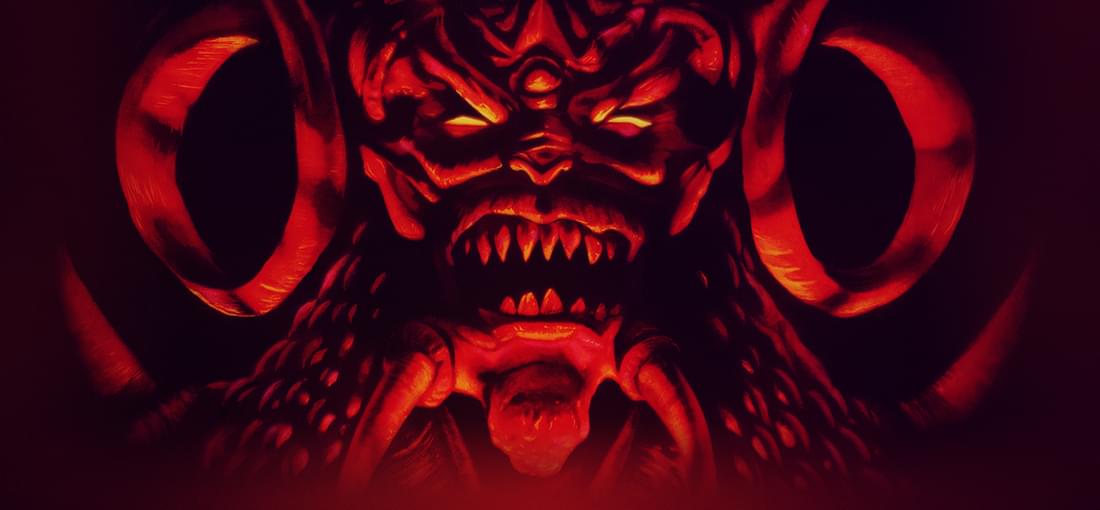
This is a standout game in almost every aspect. The core gameplay loop is just so good it spawned a genre of it's own. The sound design is legendary and still remains a reference of excellence. The soundtrack is unforgettable. The graphics, although dated, are well made and interesting, with all sorts of little details. The story... well, actually, the story is minimal as you'd expect but it's very well told. The VOs carry the right amount of personality to really convey the character's traits. If you like videogames, you should play this game.